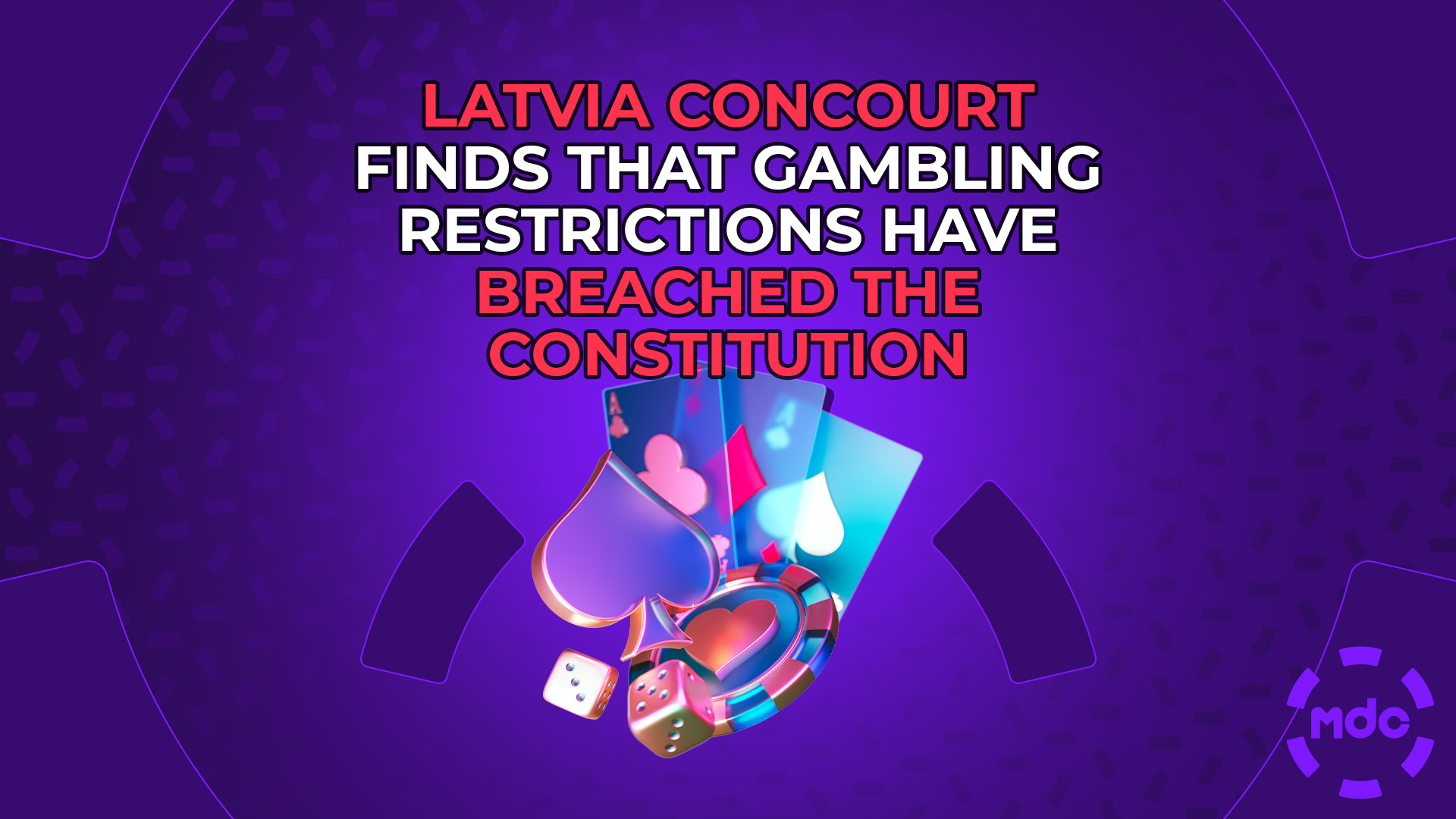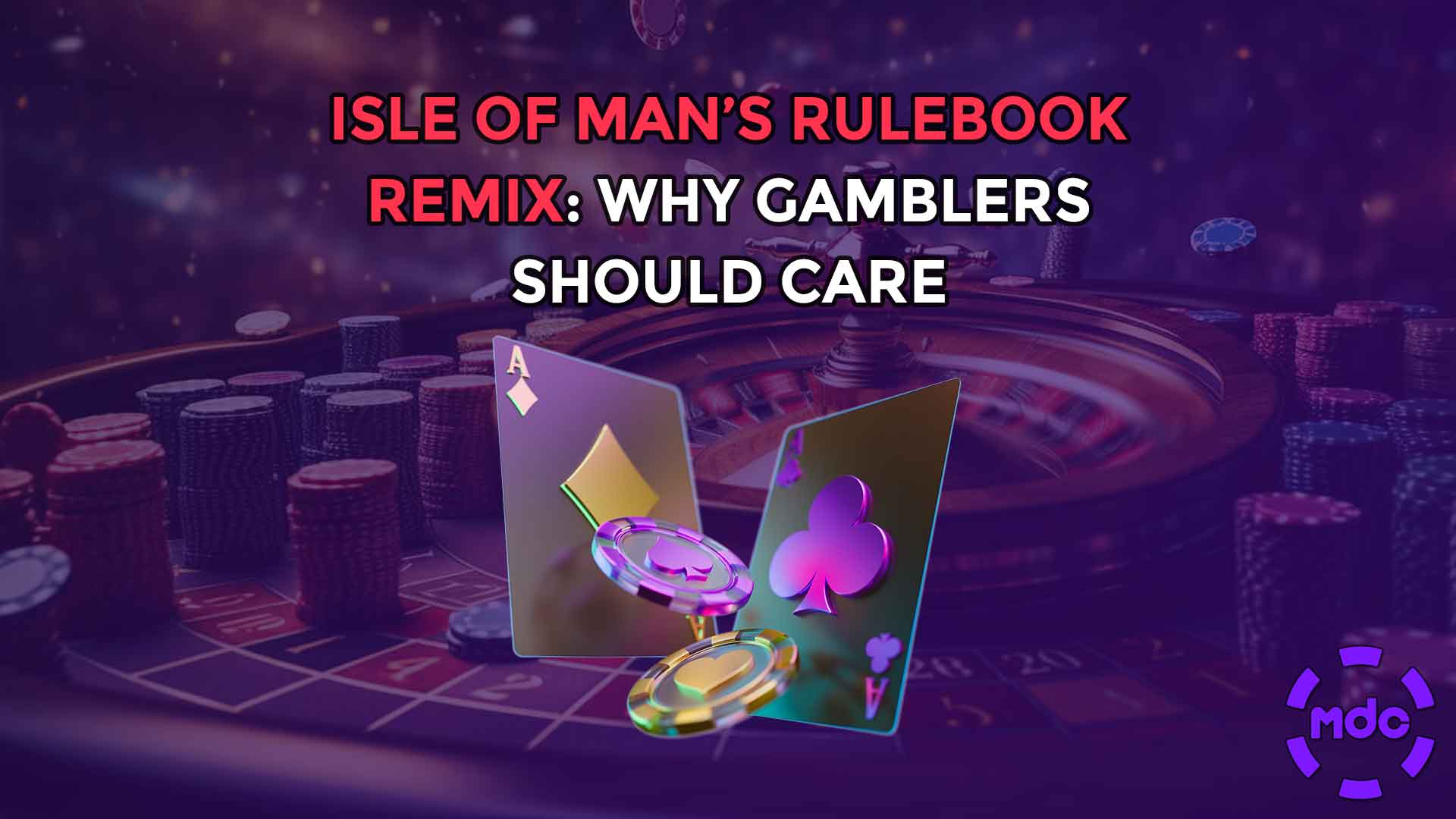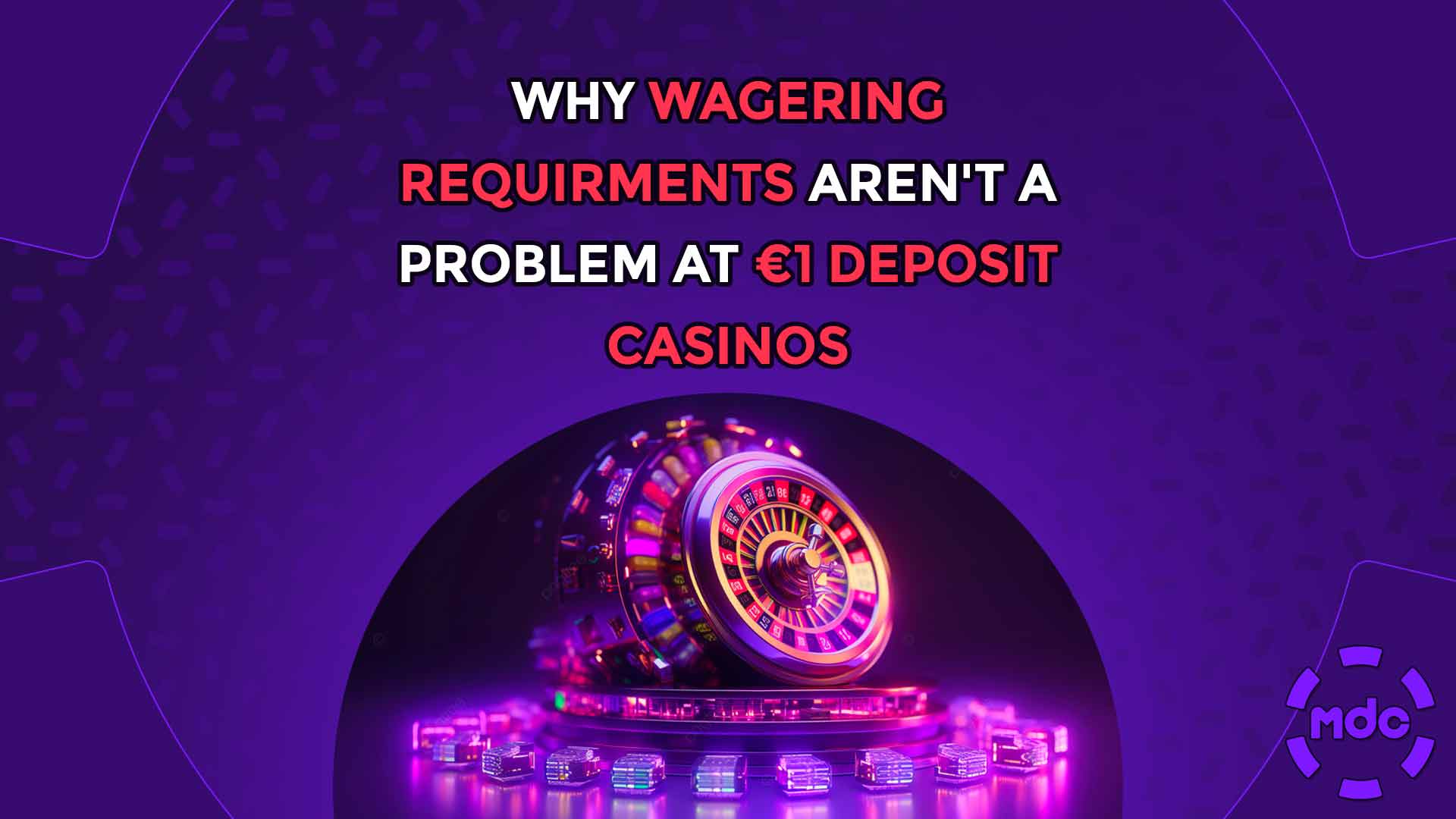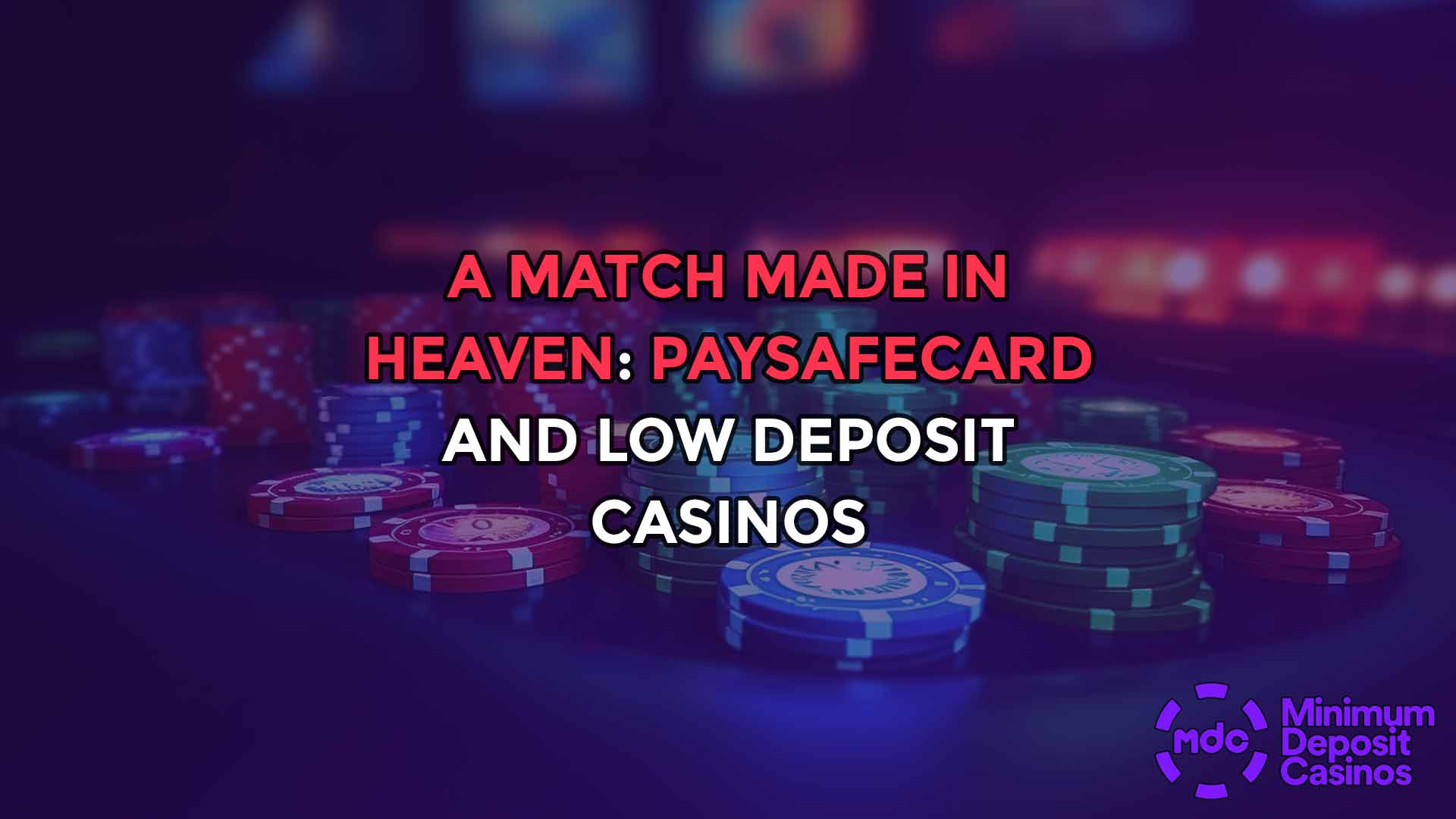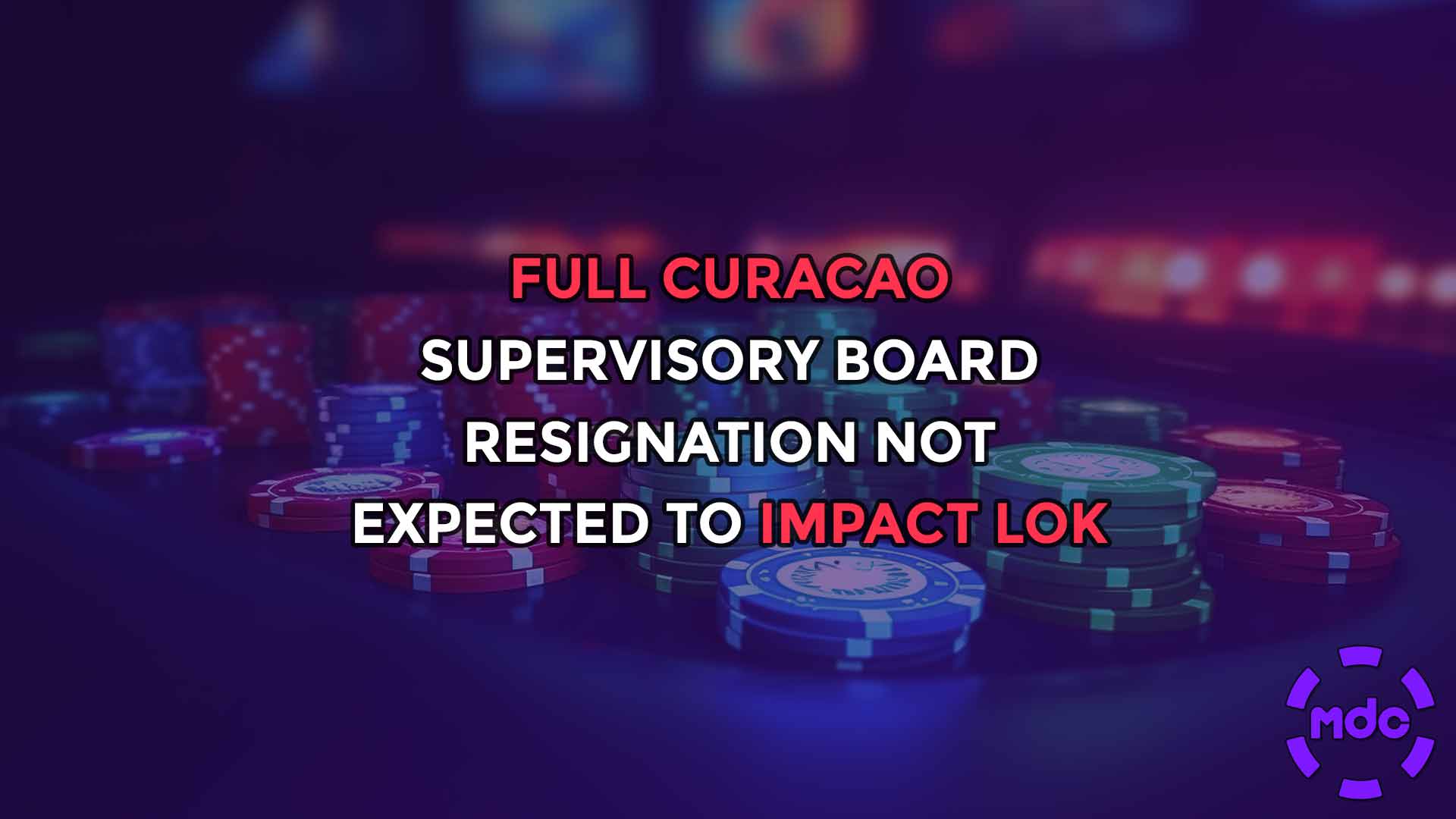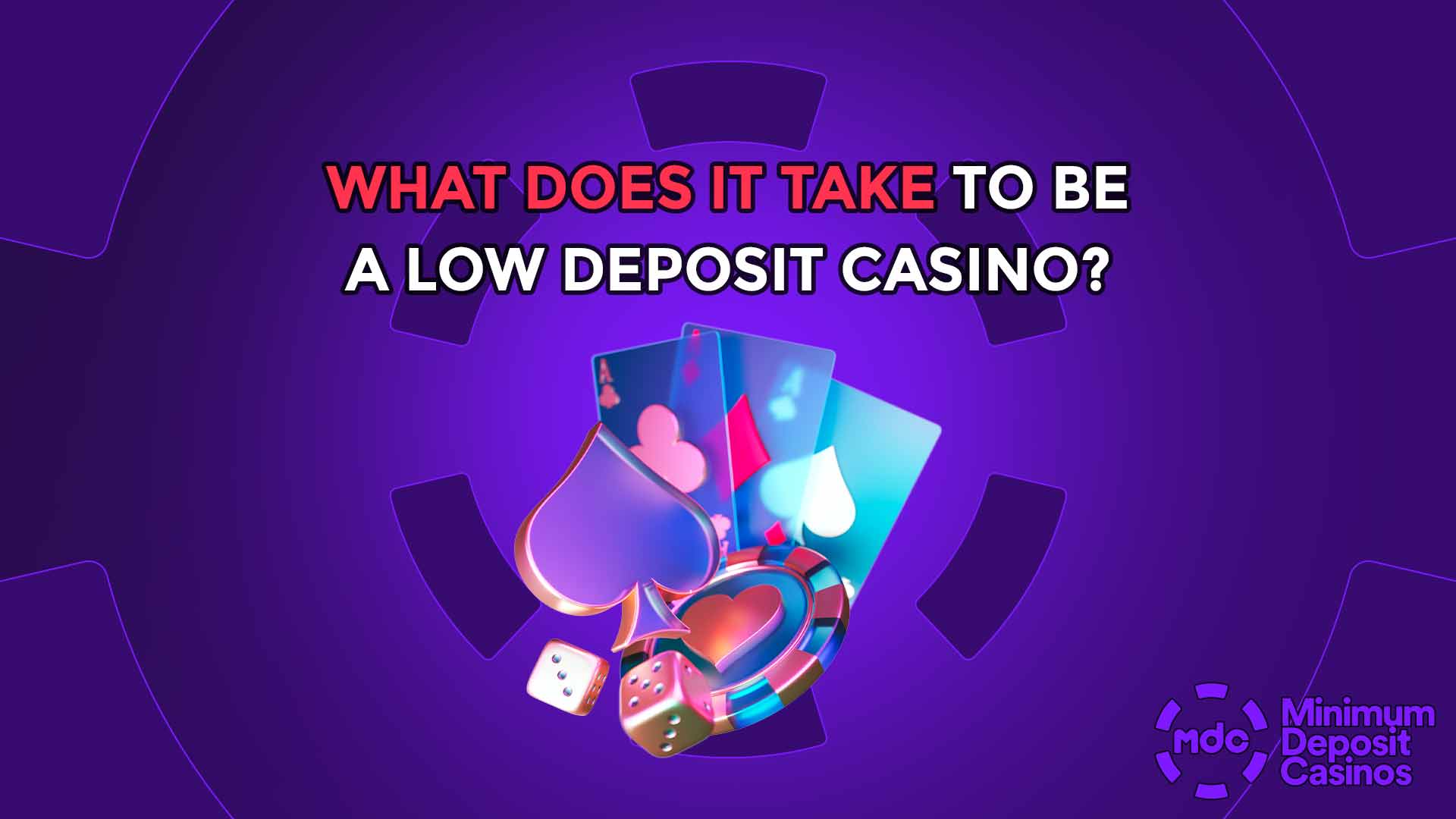Latvia Concourt finds that gambling restrictions have breached the Constitution
By Ramona Depares
It’s finally official – the Latvian government cannot stop casinos from operating in the country’s capital of Riga. The Constitutional Court recently released its ruling on the matter, deeming the forced closure of some 42 gambling halls from within the historic centre of the capital to be an illegal and unjustified violation of rights.
This ruling effects the organization of gambling, including the operation of online casinos, as a legal form of business in conditions of free competition, the Constitutional Court noted that commercial activity is one of the prime intended uses of the city of Riga. On this basis, the court ruled that Riga Municipality had failed to bring forth valid reasons why the commercial activity of gambling should not be allowed and thus reversed the government decision.
Both land-based and online casinos in Latvia are licensed to operate by the Latvian Gambling and Lottery Supervision Inspection, which makes such activities 100% legal.
Latvian Gambling Business Association says rights were violated
Trouble started brewing when the Latvian government decided to enforce a legal provision stipulating that providing gambling services is not allowed in the entire administrative territory of Riga unless the gambling venues are located within four or five-star hotels. The provision resulted in a number of gambling hall operators having their premises closed down. All the operators were working with a valid license.
The legal regulation in question was enacted by the Riga City Council some six years ago. In 2021, the municipality devised a new spatial plan that necessitates the closure of gambling halls in order to be implemented. Then, in September 2023, the council took the definitive step of revoking the gambling licenses of 139 gambling halls, giving them a five-year time limit to close down operations.
This prompted the Latvian Interactive Gambling Business Association (LIAB), which is tasked with presenting a united industry opinion and promoting responsible gambling, to cry foul, stating that the measure violated the rights of several people, including the licensed operators and the foreign investors who had placed their trust in the businesses.
As a result, several entities filed legal complaints about the issue, until the matter ended up in front of the Constitutional Court. The list of complainants included Olympic Casino Latvia, Alfor, and Joker, who claimed that the municipality’s new spatial plan violated Article 105 of the Constitution, which safeguards property uses and license restrictions through lawful channels.
The spatial plan was temporarily suspended by the Minister of Environment Protection and Regional Development Artūrs Toms Plešs, delaying the closure of gambling halls. However, the next minister, Māris Sprindžuks, reversed his predecessor’s decision. The Riga City Council finally brought matters to a head by revoking 139 licenses and closing off 49 gambling establishments, claiming that this would protect the public from the negative effects of gambling.
As a result, the matter ended up being debated in front of the highest court of the country, where the Riga Municipality defended its position by insisting that the government had every right to restrict gambling activities in certain areas. However, while the court agreed with this in principle, it added that the organization of a gambling business is a lawful commercial activity in keeping with the conditions of free competition.
Communicating its decision to LETA, which is the main Latvian news agency, the court explained that when limiting this right the municipality must offer a just reason for this decision, otherwise it is a direct violation of human rights. The court explained that, in order to be legal, such gambling restrictions are not only the protection of the rights of residents to be shielded from the risks of problem gambling that need to be considered. The municipality also needs to respect the right to business that’s protected by Article 105 of the Latvian constitution. Banning gambling in sensitive areas like where there are educational, cultural, sports or children’s facilities is reasonable, but the municipalities must first carry out an assessment exercise to determine all such relevant aspects.
The Riga City Council had failed to carry out this step before it decided to impose gambling restrictions on the entire territory of Riga. In view of this, the court decided that the provisions violated the Constitution and thus revoked them in their entirety.
Background of Gambling in Latvia
Land-based casinos were legalized in Latvia way back in 1998 and, since then, it has been working on improving its legal infrastructure. In 2005, the law was updated to include online casinos, providing a solid framework for all offshore gaming activities. All gambling activities are regulated by the Lotteries and Gambling Supervisory Inspection, which covers casino gaming, poker, bingo, and betting. Fantasy gaming is yet to be legalized.
Latvia is one of the few jurisdictions that has zero tolerance for unlicensed online casinos, and it has so far succeeded in enforcing this rule. As a result, the country is in fact known for having some of the top online casinos in the world, with excellent responsible gambling tools and high security standards.
Since 2021, and partially due to COVID, land-based gambling is waning in popularity while the use of gambling sites is on the rise, with revenue from offshore gambling increasing by 91.8% in 2021. Online casinos brought in the lion’s share of this revenue – €87.8 million out of €109.
Will online casinos push gambling halls out?
While it’s too early to predict such a drastic measure, statistics show that Latvians are increasingly turning to online casinos rather than gambling halls. Still, whatever the future might hold, operators in the territory are undoubtedly celebrating this celebrated win. The future of gambling halls in Riga is, so far, guaranteed.
